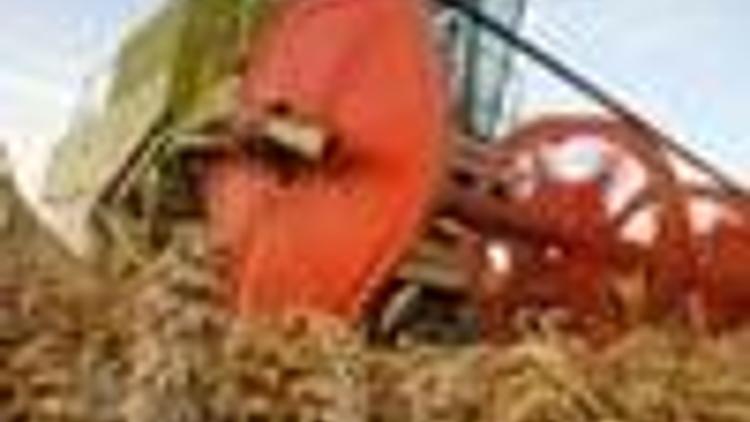Oil states planning to spend petrodollars in investing in farming
Güncelleme Tarihi:

The United Arab Emirates and Saudi Arabia are seeking agricultural-investment opportunities in a handful of developing countries, including Turkey, Sudan and Pakistan, in an effort to meet rising food demand, according to the Wall Street Journal (WSJ). (UPDATED)
The reported investments are the latest detailed by officials in oil-rich Arab states of the
A Saudi official told Zawya Dow Jones that
Although discussions are still under way about which government body will manage the fund, the new fund will target
The Saudi Fund for Development is a government authority that lends money to the developing world. Over the past three decades, the fund has allocated some 27 billion Saudi riyals ($7.2 billion), with seven billion riyals going to agriculture projects, the report said.
Arab development officials say that plans to buy underused farmland in other countries will benefit the host nations, as the deals create jobs and transfer new technologies that will make agriculture more efficient in those nations, the report added.
Critics of the plans warn that potential investment may not help feed local populations, which are also suffering from today's food crunch. In
Rashid Ahmad bin Fahd, the U.A.E.'s minister for environment and water, said his government is focusing on closing deals with
The U.A.E. and
Both countries have been hammered by soaring prices, especially for food.
Saudi Arabian Agriculture Minister Fahd Balghunaym and an accompanying delegation of businessmen arrived in
The Saudi minister was briefed on investment opportunities in the Turkish agriculture sector and on the Southeastern Anatolia Project (GAP) region.
�
"

